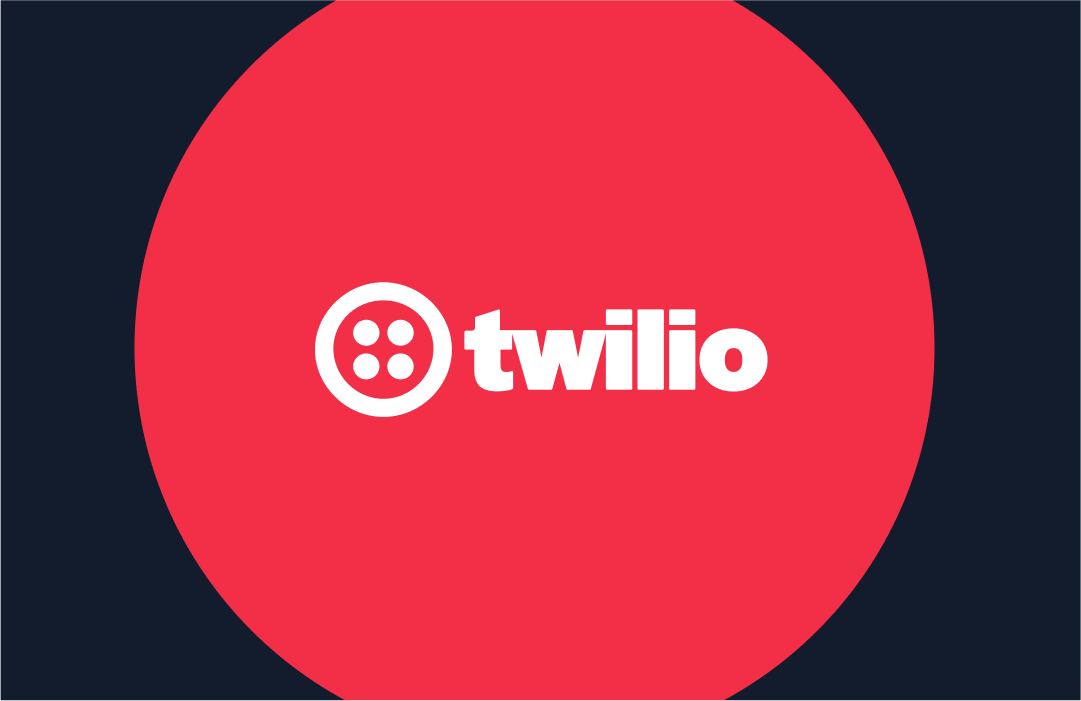Seattle Hacks – Using Github Pages and Jekyll To Finally Create The Noiseless Hacker Calendar
Time to read: 3 minutes


- What are the best developer meetups in Seattle?
- Are there any cool hackathons or conferences coming up?
- Why do developers love bacon so much?
These are questions asked by developers and should be answered by developers. So some friends and I got together and created Seattle Hacks, an open source, community powered event calendar and information resource for developers in Seattle.
However, there was a massive problem with using an off-the-shelf CMS, blog or wiki tool that I was worried about: SPAM. Every time someone tries to make a dev calendar, it gets completely overrun with recruiters, pay-to-play events, and other crap hackers could care less about. Any site that allows the general public to make contributions will attract spam at a rate that is proportional to that site’s influence and traffic. You can moderate content, but that doesn’t scale well as the site grows.
We ended up using a combination of free (as in beer) services and free (as in liberty) software to solve for this. Let’s walk through the process of contributing content to Seattle Hacks and discuss the technologies involved.
GitHub Pages Powered Website
All of the files that comprise the Seattle Hacks website are stored in a repo on Github. Github provides free website hosting through their Pages product. All a developer needs to do is place their files in a branch called “gh-pages” and GitHub will make those files available as a website. By default Github will provide them with a domain for their site (i.e. username.github.io/repo) but they can configure GitHub to use a custom domain.
This is the first step to ensure that only developers are posting content to the site.
Anyone who has a Github account can fork this repo and submit a pull request to update the content of this website. While this is easy enough to do for a developer, it is quite difficult for a non-developer.
Jekyll Powered Blog
In addition to fairly static content on the site (such as a list of meetups in Seattle) there is a blog powered by Jekyll. Jekyll is a static blog generator written in Ruby. Static blog generators have two huge benefits compared to tools like WordPress:
- They are secure (no applying security patches to static HTML!)
- They are fast (since you’re just serving static files)
Normally, you would have your blog files on your local machine, run Jekyll locally and then push the generated files up to a web host. Since the author of Jekyll also happens to be one of the co-founders of Github, Jekyll is built-in to GitHub. Publishing a new post is as simple as composing a properly named markdown file, placing it in the _posts directory and sending a pull request. GitHub will automatically run Jekyll on the repo following a commit and regenerate the entire site. This is the second step in curating content. Files needs to be named properly, placed in the correct directory and contain valid meta-data and markup. Once again, trivial for a developer, but very challenging for anyone else.
Github Webhooks
When a post goes out, it will also be automatically tweeted by @SeattleHacks. This is accomplished using a Github webhook. Webhooks are great because they let you register a URL that we will receive an HTTP request anytime an event happens, in this case a push to our repo.
Our webhook service is written in Ruby and uses the Sinatra micro web framework. Once the service is deployed, go to the “Settings” tab for your repo and paste the URL to your service into the WebHook URLs list.

JSON powered calendar of events
If a blog post is about an upcoming event, you can simply add some meta-tags to your blog post and the event will be added to an automatically re-generated JSON file. This JSON file functions as an API for the calendar page. This allows us to deal with the shortcoming of vanilla Jekyll and the fact that GitHub Pages does not support custom plugins.
In addition to a webpage, we also generate a properly formatted iCal file. This was slightly tricky for me as the documentation for the iCal file format isn’t the easiest to understand, but I found an iCal validator that was very helpful in locating and fixing my bugs.
Powered by the Developer Community
Seattle Hacks is powered by the developer community and all pull requests are reviewed by the collaborators for the repo. This is the last step in ensuring the quality of the content being posted. The content of the site is only as good as the contributions from the community.

Feel free to join the conversation on Hacker News.
Related Posts
Related Resources
Twilio Docs
From APIs to SDKs to sample apps
API reference documentation, SDKs, helper libraries, quickstarts, and tutorials for your language and platform.
Resource Center
The latest ebooks, industry reports, and webinars
Learn from customer engagement experts to improve your own communication.
Ahoy
Twilio's developer community hub
Best practices, code samples, and inspiration to build communications and digital engagement experiences.

